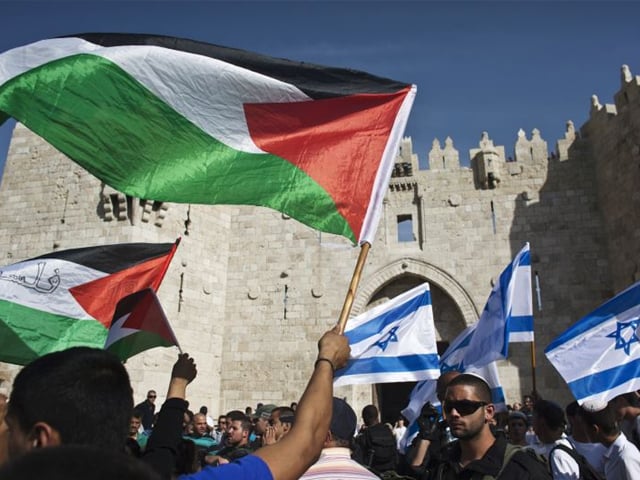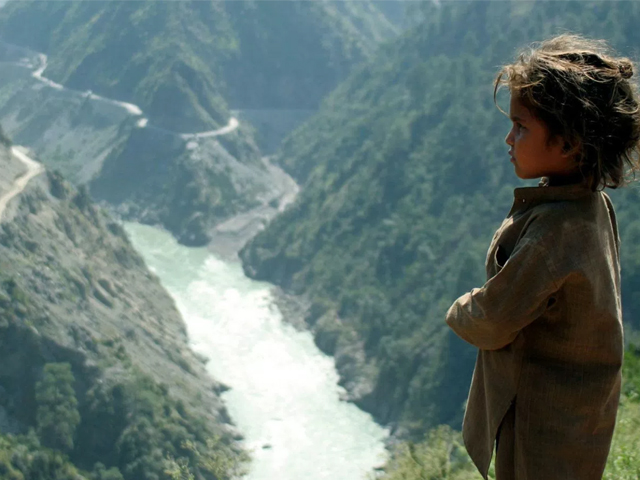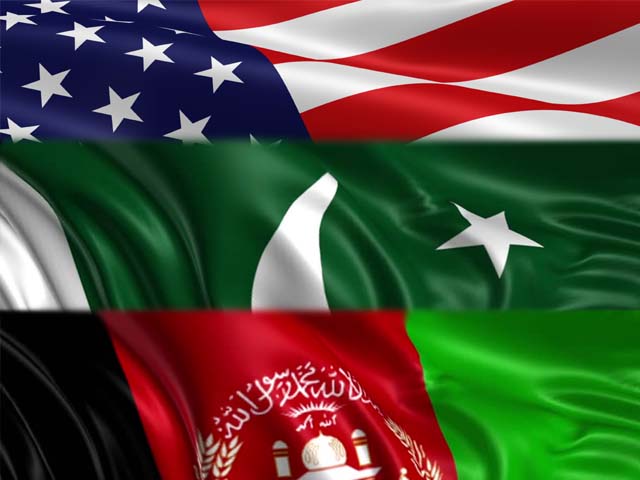
Is there a solution to the Kashmir dispute?
An agreement between the countries would reduce the support the Jihadis groups receive and thus ensure peace.
The news from the Line of Control (LoC) in Kashmir is not good. Five Indian soldiers have reportedly been kidnapped and murdered by terrorists wearing Pakistan Army uniforms. However, the Pakistan Army denies any part in this.
I believe that this action, like similar actions in the past, has most likely been carried out by the Jihadi groups who like to derail any process of rapprochement between India and Pakistan. Nevertheless, this has caused tempers to flare across the border and the Indian establishment has sounded off against Pakistan and its support for terrorists.
On the Pakistan side, the reaction has been much more muted; the Prime Minister Nawaz Sharif has just expressed his concerns at the escalating tensions. All this comes against the backdrop of positive developments over the last several months where the ground was being prepared to re-open the dialogue between the two countries. It is really important that both countries keep their eye on the ball and do not get distracted by such incidents once again. Because, this is exactly what the Jihadi groups who are responsible for the violent incidents on the LoC want.
Notwithstanding the troubles mentioned above, I think the current circumstances in Pakistan are most favourable to move forward on this matter. The government has the necessary political space and mandate and has shown the will to move forward on this matter. Soon after Nawaz Sharif took office, he dispatched a special envoy to India to sound out the government there.
The Pakistan Army Chief also made a critical statement a few months ago, that the major threat to Pakistan is from the Taliban, and associated terrorists, rather than India. In his speech at the Military Academy, Kakul on Independence Day, he again dwelt at length on this threat and how Pakistan has no option but to meet it head on, hardly mentioning India in this context.
But more importantly, if we look at the matter of Kashmir closely we see that the interests of Pakistan and India are surprisingly similar. Both India and Pakistan want to keep control over their parts of Kashmir and both have (hopefully) realised after three wars that they cannot get the other part.
Two major opinion surveys conducted on both sides of border in Kashmir over the period 2007-2010 have shown that less than 10% of the Muslim population of Indian Kashmir would like to join Pakistan. Likewise Pakistani Kashmiris do not want to join India.
Therefore, it seems time has moved on and the situation on the ground has changed since 1947. The Kashmiris in occupied Kashmir are not as keen to join Pakistan as the Azad Kashmiris are for them to do so.
Given these realities, Pakistan and Pakistani Kashmiris will lose control over Pakistani Kashmir and gain very little in return if an independent Kashmir were to be formed. It is therefore NOT in the interest of Pakistan and Pakistani Kashmiris to press for an independent Kashmir.
India has always been unwilling to consider an independent Kashmir as an option.
Since then even the Muslim Kashmiris in India do not want to join Pakistan, and the Pakistani Kashmiris do not want to join India, a division along the LoC, that is, a formalisation of the status quo is in the best interest of both India and Pakistan.
Now, Indian Muslim Kashmiris want independence, essentially to get rid of the alleged Indian suppression there. The Indian government says that their military action in Kashmir is a consequence of Pakistani cross border incursions. If a settlement is reached between Indian and Pakistan, as above, it would also drastically reduce the support the Jihadi groups receive in Pakistan. This in turn will lead to a reduction of their activities, which will go a long way in ending the repression in occupied Kashmir and ensure the Kashmiri people live a more peaceful life.
Please note that agreement on these lines only formalises the de- facto situation on the ground and does not require any changes or further give and take which could result in a breaking point.
In view of the high payback possible from defusing this flashpoint between two nuclear armed countries, it is imperative that political leaders of both countries (with encouragement of the international community) spend the necessary political capital to come to an agreement. It may get them the Nobel Peace Prize if they do!




COMMENTS (51)
Comments are moderated and generally will be posted if they are on-topic and not abusive.
For more information, please see our Comments FAQ